In a policy briefing today, “Steel Decarbonisation Scale”, the two organizations called on European policymakers to move to a system that recognizes the physical limits of scrap supply and incentivizes real emission reductions across all steel production routes.
The briefing emphasized that Europe is the world's second largest steel producer and is responsible for 6% of the European Union's total greenhouse gas emissions. In line with the EU's targets to reduce emissions by 55% by 2030 and net zero by 2050, how the steel sector is measured and incentivized in the decarbonization process is critical.
Scrap supply is a limiting factor
The study points out that current policy proposals, such as the European Steel and Metals Action Plan (ESMAP) and voluntary carbon labels, ignore fundamental limitations in scrap supply. According to the International Energy Agency (IEA), the recycling rate of steel worldwide is 85%, but due to the long life cycle of steel products, recycled scrap can currently only meet 32% of global new steel demand. By 2050, it is estimated that this rate could rise to 46% at most.
“Steel decarbonization requires a suitable basis for comparing steel products in terms of climate impacts,” stated Dr. Martin Theuringer, Secretary General of LESS. “Scrap is a valuable and finite resource. Systems that ignore this can mislead markets and delay the decarbonization process.”
New scale proposal: Realistic, fair and effective
ResponsibleSteel and LESS propose a new “steel decarbonization scale” that takes into account scrap utilization and primary iron inputs and is complementary to the traditional carbon footprint. This approach, which is already recognized by the G7 countries and is being integrated into international standards, has four main objectives:
- Avoiding inefficient competition for limited scrap resources
- Support decarbonization of all steel production routes
- Promote technology-neutral, WTO rules-compliant solutions
- Contributing to global climate goals while maintaining the competitiveness of European industry
“A steel label for Europe could encourage producers to make real progress on decarbonization and gain global competitiveness,” stated Annie Heaton, CEO of ResponsibleSteel. “A well-constructed classification system should take into account scrap content, not just carbon intensity. Because even in 2050, scrap will be capable of meeting at best half of global steel needs.”
Call to the European Commission
ResponsibleSteel and LESS have called on the European Commission to integrate their proposed decarbonization scale into voluntary labeling systems, frontier markets and investment support mechanisms. This will ensure that future measures are both effective and fair, and in line with the EU's climate goals.



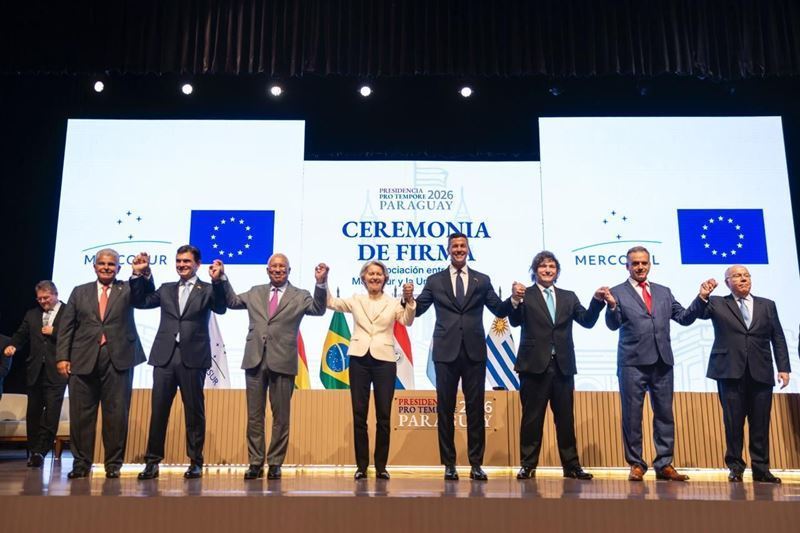
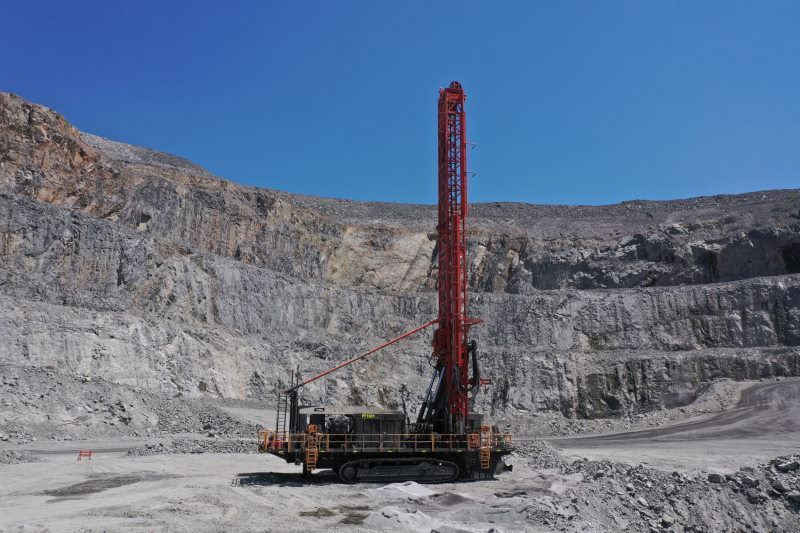
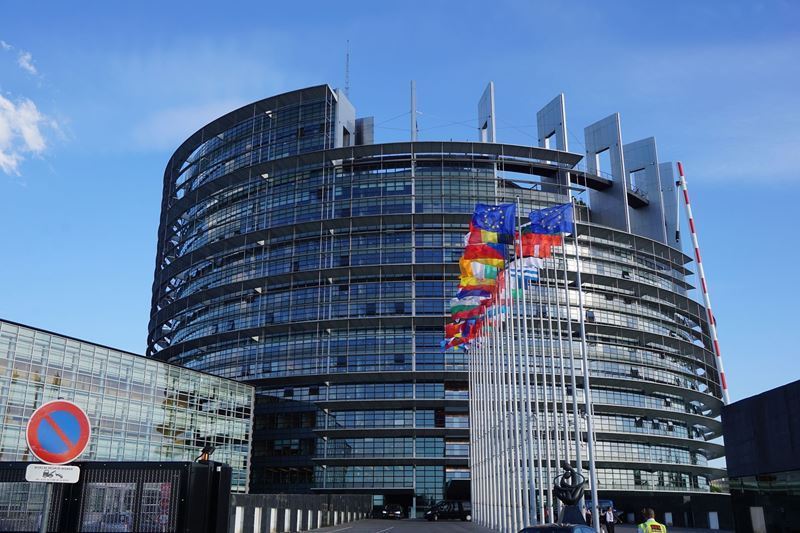
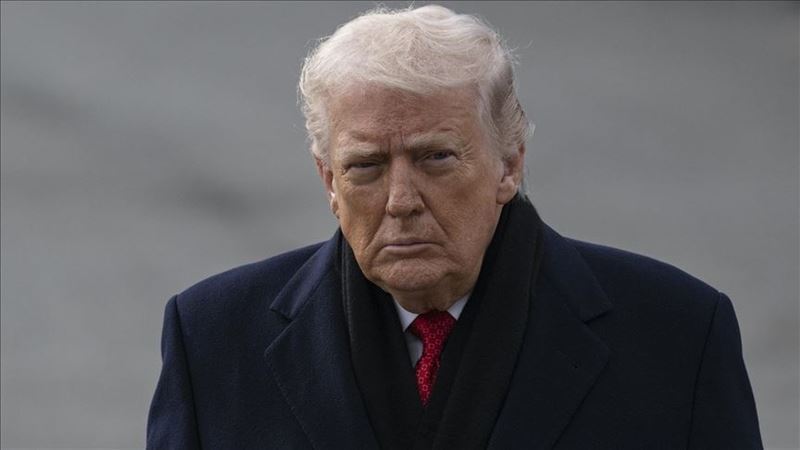
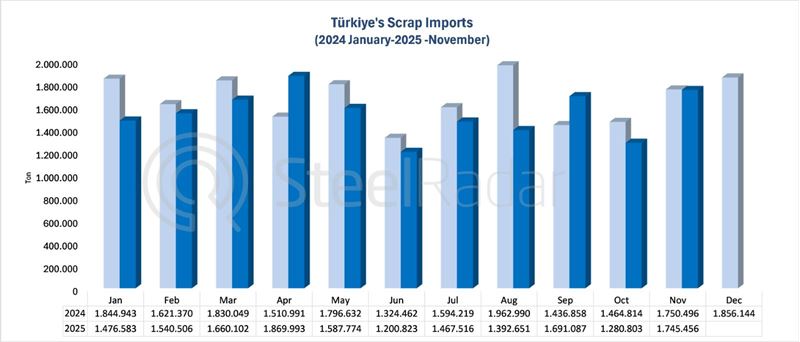


Comments
No comment yet.